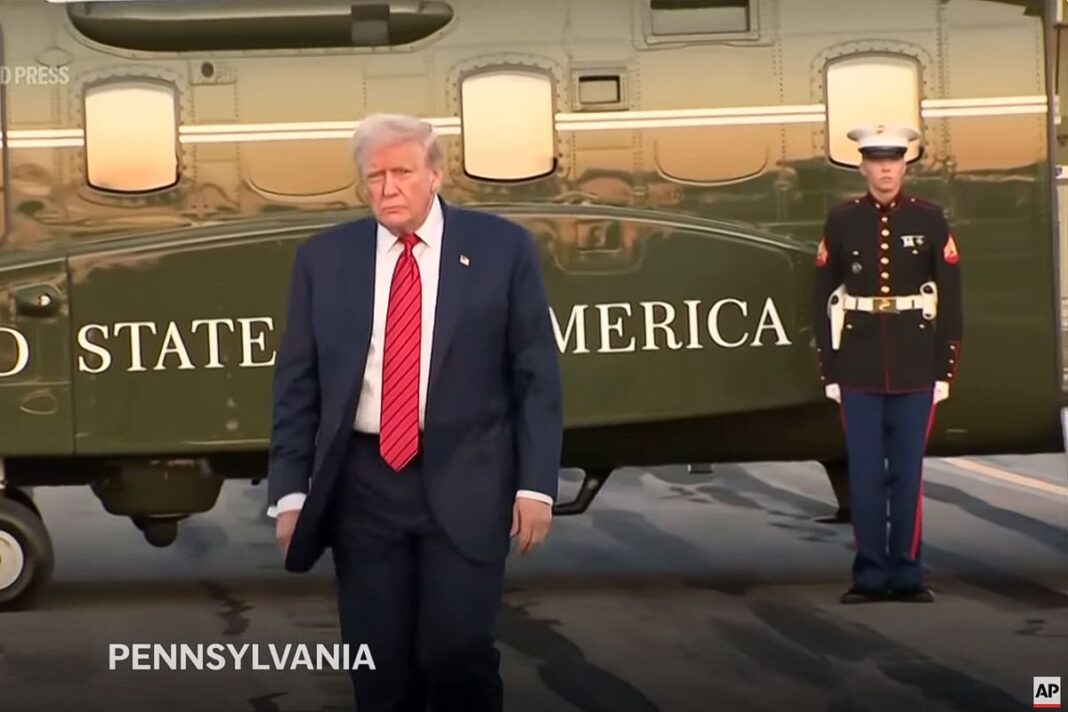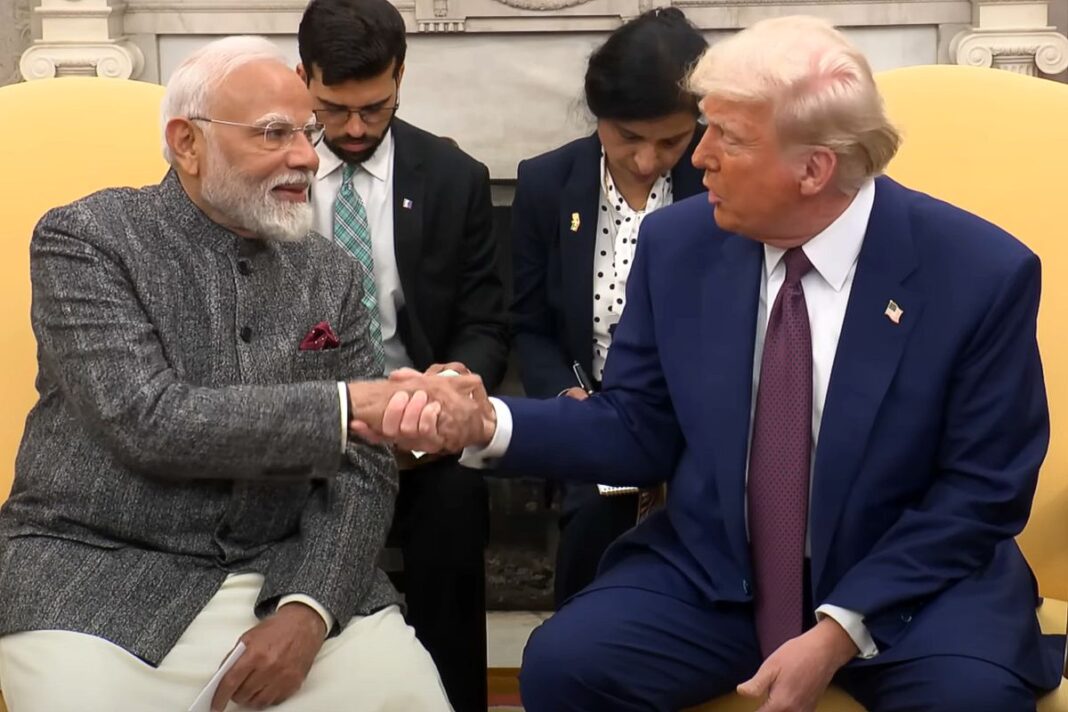Students from ‘countries that hate us’ should not attend U.S. colleges and universities, Alabama Sen. Tommy Tuberville said.
Sen. Tommy Tuberville (R-Ala.) has introduced legislation aimed at preventing students from adversarial countries, particularly China and Iran, from obtaining student visas to study in the United States.
Tuberville announced his legislation, the Student Visa Integrity Act (S.2555), in a statement on July 31. He said he was “recently shocked” to learn how many students from hostile countries were studying at U.S. universities, including institutions in Alabama.
“We need to go on offense against countries who hate us and are desperate to try to take us down—as we saw with the violent, anti-American protests on our college campuses over the past few months,” Tuberville said in the statement.
“There is zero reason why we should be allowing students from countries that hate us to take the spot of a law-abiding American citizen at our elite colleges and universities.”
Citing data from Homeland Security Investigations, Tuberville’s office pointed out that there were 1.5 million students on F-1 or M-1 visas in the United States in 2023. According to the data, China accounted for 330,365 of those students, making it the second-largest international source, with India the largest.
If enacted, the legislation would bar citizens from adversarial countries from obtaining visas to study in the United States. According to the language of the bill, Cuba, Iran, North Korea, Russia, Venezuela, and China, along with Hong Kong and Macao, are listed as foreign adversaries.
Other provisions in the bill include requiring institutions to disclose any deals with Beijing, and banning foreign students from transferring to other schools or changing their majors or programs of study.
The legislation would mandate fixed end dates for student visas to prevent overstays by foreign students.
Some foreign students would be subject to in-person interviews conducted by the secretary of Homeland Security, in coordination with the attorney general and the director of national intelligence, according to the bill. A condition for such an interview would be when a foreign student is determined to pose “a significant economic or technological espionage threat to the United States.”
By Frank Fang







